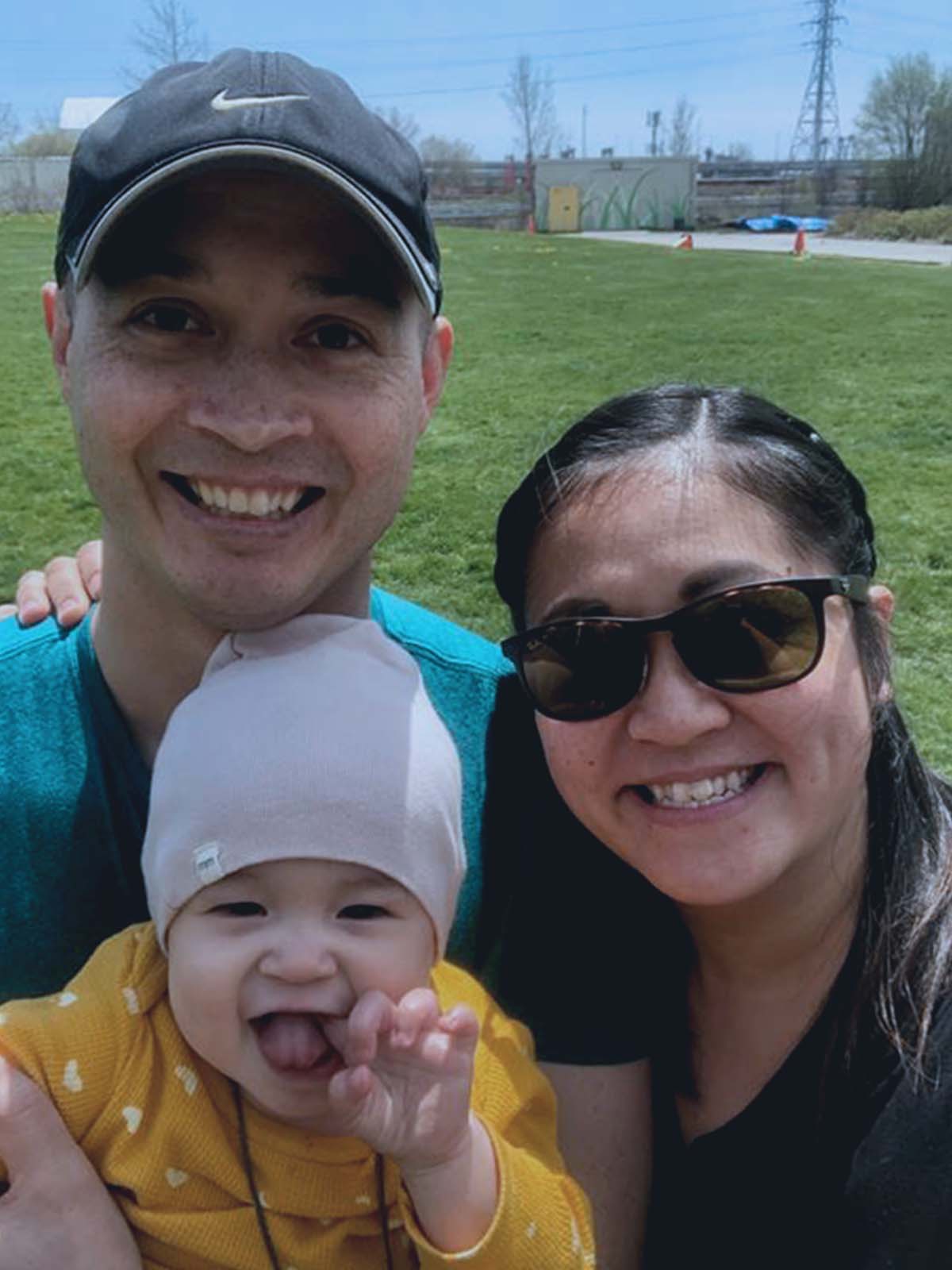For Dr. Colleen McDermott, support is key for those experiencing pelvic floor disorders.
The Sinai Health urogynecologist helps women and other individuals with vaginas with pelvic floors disorders, such as incontinence and pelvic organ prolapse.
These disorders are not commonly talked about but are extremely common, affecting half of all women over the age of 50. Connective tissue of the pelvic floor stabilize a person’s bladder, bowel, and uterus and help to control them. As people age, pelvic floor disorders often occur as this supportive tissue weakens or is injured following childbirth. But that doesn’t make it an acceptable part of aging, says Dr. McDermott.
“It can have a devastating impact on a patient’s quality of life,” said Dr. McDermott. “Many have a hard time doing basic movements without experiencing discomfort or leakage, which makes it really hard for them to stay active into their golden years.”
One common type of pelvic floor problem is prolapse, which occurs when the pelvic muscles and other supporting tissues become weak, causing organs in the pelvis to drop out of place. In more serious cases, these organs can even stick out of the vagina or anus.
“Many have a hard time doing basic movements without experiencing discomfort or leakage, which makes it really hard for them to stay active into their golden years.”








